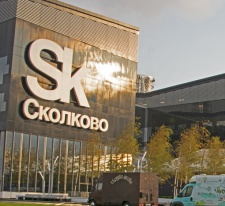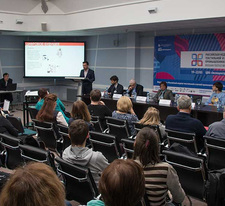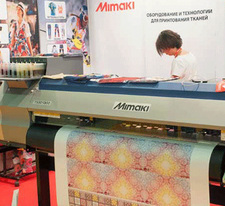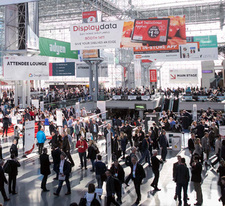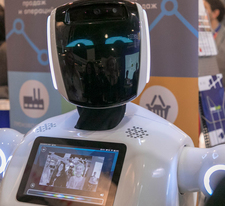Retail in the era of digital experiences
On September 25, the company Microsoft held a round table on the topic: «stoRevolution: how retail is changing in the era of digital experiences". Experts from Wildberries, X5 Retail Group, PwC, Nielsen and Microsoft took part in the discussion. As part of the event, PwC and Redis Business Class presented a study "Retail Barometer" dedicated to challenges, new efficiency strategies and digital transformation of the retail industry.

Most of the owners and top managers among the respondents rate their business as growing, but in general their expectations, compared to last year, are rather negative. About 38% of respondents believe that it will be more difficult for business in 2019 than in 2018.The defining trends in customer behavior remain a reduction in the number of purchases and a decrease in the average receipt. The very model of customer behavior has changed.

Every year the volume of information in the world increases by 30%. Of course, no human brain can accommodate such a large amount of very different information, and the process of sifting out the least relevant and least interesting things inevitably begins. At the same time, the emotional reaction turns out to be no less significant than the value and usefulness. That is why it is so important to optimize the shopping process with the help of modern technologies and innovations in order to remain in the memory of every customer for a long time and guarantee his return to the brand in the future.

In the current conditions e-commerce is becoming one of the most economically promising areas for retailers.To date, a successful e-commerce project cannot do without the use of user services using machine learning and 3D technologies, in particular AV and VR (augmented and virtual reality).More than 70% of consumers note the importance of technology for the formation of customer experience, but at the same time they are willing to pay primarily for the speed and convenience of the service, which can be achieved through the use and integration of digital technologies . However, the Russian representatives of the industry e-commerce is developing with difficulty. This channel works effectively only for 18% of respondents, 36% develop it despite difficulties, for 39% the approach is not effective, and another 6% does not apply at all.

To change the situation for the better, retailers should perceive the current state of the market not as temporary crisis conditions, but as a new reality, where success factors are not rapid expansion and reliable product quality, but consumer understanding, cost optimization and the ability to build flexible operating model.

Digital transformation is an inevitability for such a rapidly developing market as retail, whose main priority is meeting the needs and expectations of customers. Creating a new customer experience requires not only the restructuring of internal systems and business processes, but also a revision of the business model, for example, the transition from the sale of goods to a comprehensive service. Innovative technologies and methods of inclusive design are necessary for retailers to find, test and quickly implement new approaches. Among the key digital trends in Russian retail, analysts call intelligent marketing, digitalization of operations and a Must-win strategy.

As part of the event, Microsoft also opened an exhibition of innovative technological solutions Retail Innovation Alley. The exhibition will run until the end of the year and will allow Microsoft partners and customers to evaluate in practice the possibility of using industrial technological tools. Among the projects presented: Sarafan.AI A solution for recognizing and searching clothes by photos, an intelligent digital marketing platform from Synerise, as well as an understanding from Edge NPD, an IoT solution that allows you to collect and process data from places of sale in real time.
Photos provided by the organizers.




